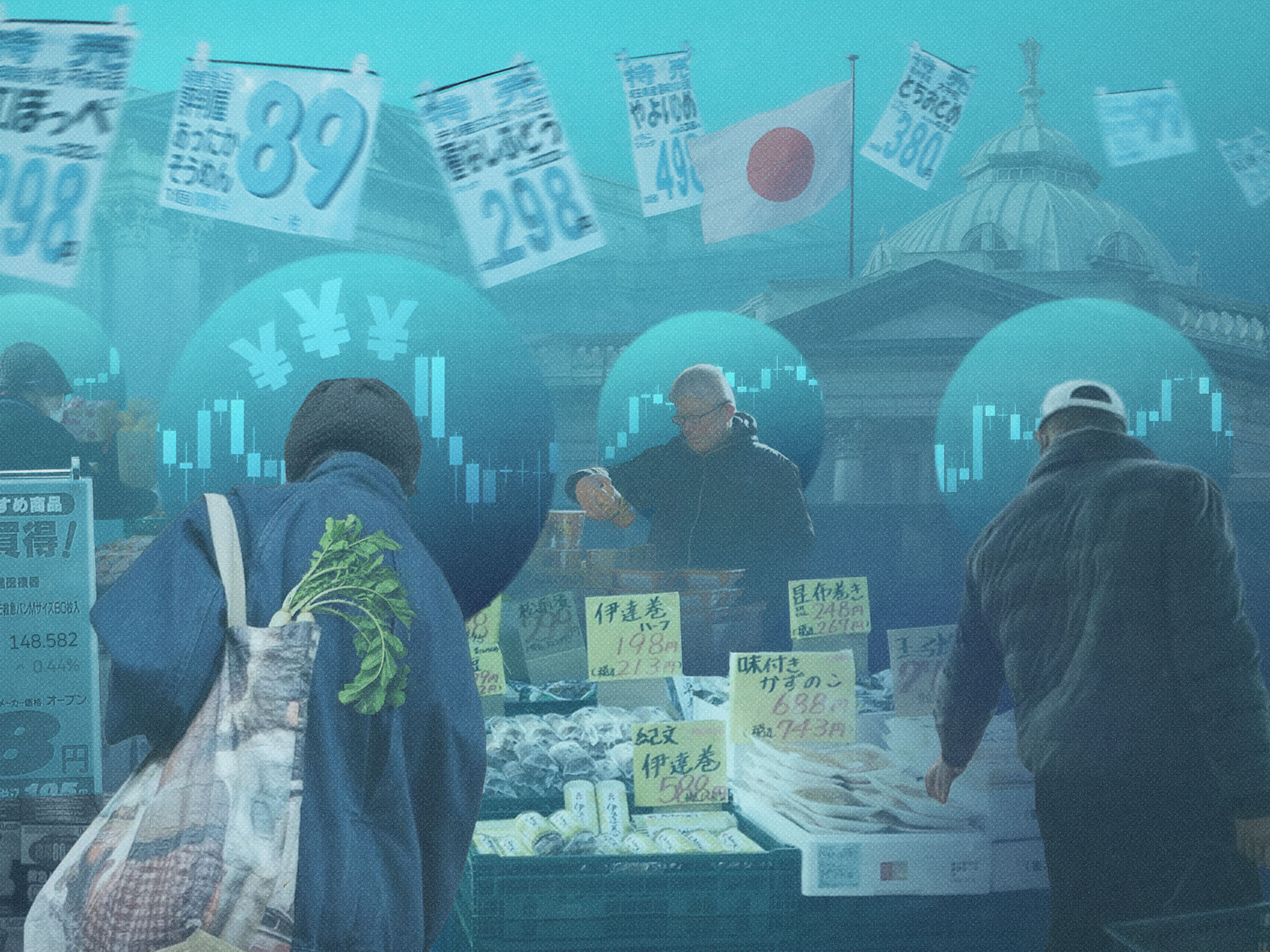Inflation is a feared economic phenomenon, and rightly so. In its worst instances, it can lead to widespread loss of confidence in a country’s currency like the Venezuelan bolivar and produce all kinds of extreme and surreal behaviors as consumers rush to spend their cash before it loses its value.
In Japan, however, rising prices were expected by many to be a welcome turn of the tide that would help revive a stagnant economy dogged by nearly thirty years of deflation in a period that’s now commonly referred to as “The Lost Decades.” Falling prices, as the logic goes, can cripple demand and incentivize people to hoard cash and wait for a cheaper tomorrow. Central bankers in Tokyo have only very recently been able to declare victory over the lingering malaise after eight years of stimulus and negative interest rates.
Instead of celebrating, the Japanese are finding they don’t necessarily like the paradigm shift, and rather than stimulating demand, it’s unsettling consumers. They’re responding by cutting back even further on necessities when they were expected to increase spending, and some are even eating less healthily. The country’s Ministry of Health, Labor and Welfare hit a raw nerve late last year when it reported that average vegetable consumption had fallen to an all-time low. It blamed rising prices as the culprit.
“I can’t buy them even if I want to, they’re too expensive,” one Japanese user wrote on X in a widely-shared post now seen 4.2 million times. “Eating healthy is now a luxury. Even if you want to, most people can’t afford it.”
And it’s not just leafy greens and fresh produce. Rice prices surged nearly 28% last year after a poor harvest and a spike in the number of foreign tourists chasing deals driven by a weakening yen, flooding restaurants in the process. The government last month said it would release rice from its stockpiles in an attempt to ease prices, but it has yet to make much of a difference, according to a report. Average Japanese household spending on food, as a percentage of total expenses, rose to 28.3% in 2024, the highest level in 43 years and well above other Group of Seven economies.
Psychological battle ahead
Amid the discontent, economists and policymakers have been focused on ongoing central bank policy, wage growth, and even demographics. But the real battle ahead may be psychological. After all, shifting people’s mindsets that were as fixed as the worth of their money for three decades to embrace a new era when “time value” starts to take meaning is no easy feat.
“People’s beliefs are not logical, they’re psychological,” Yale marketing professor Ravi Dhar said in an explainer on inflationary psychology. “What that means is the perceptions of inflation are not based on actual changes in prices in the market but on the changes that draw our attention…People evaluate uncertainty based not on facts but on feelings.”
Many Japanese shoppers, in other words, may be in a sour mood and are instinctively responding to rising prices by cutting back on certain purchases, while still trying to prioritize saving. Even if they fully embrace the joy of bargain hunting, or visit that farmer’s market, managing expectations may prove just as crucial as interest rate policy in the months ahead. Dhar said that many people respond to inflation by looking for sales, shopping around, and even buying in bulk, and it will certainly take time before the average consumer fully shifts from deflationary to inflationary thinking.
“Understanding that people’s feelings matter more than facts is very frustrating for political leaders, but it has important implications for how they communicate,” he continued. “Some politicians are very intuitive with this. Bill Clinton had the famous, ‘I feel your pain’ line. It’s very important to first recognize the feelings, and then to present information in a way that resonates with those feelings.”
Japanese policymakers may want to take heed. The country is telling an inflation story like no other, and the most active front will now be very much in the mind. Rising prices are just what the doctor ordered, but shoppers may need some help to swallow the medicine, and then keep it down.




Comments